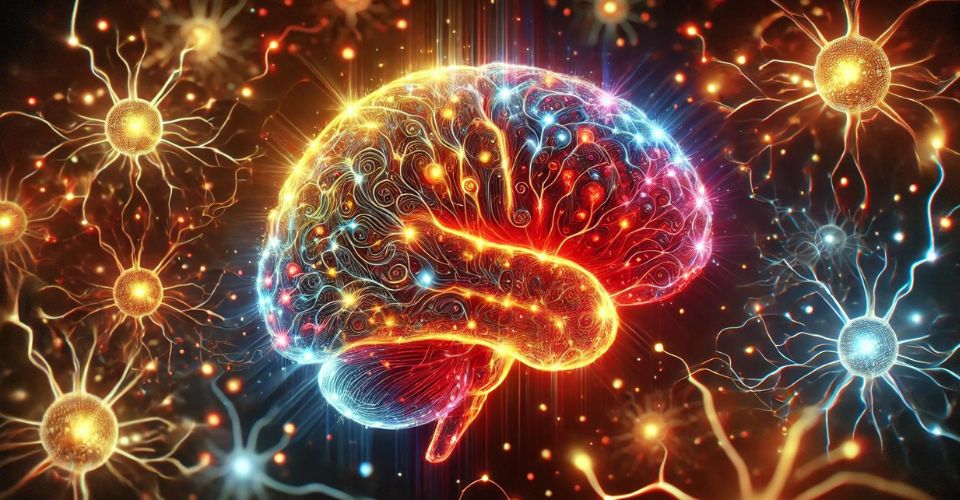Understanding the Linkage between Dopamine and Social Cognition
A recent study by scientists from University of Birmingham has shown that there is a strong association between brain dopamine levels and the ability to understand other people’s mental states. The research, published in PLOS Biology, showed that these vital social cognitive functions could be disrupted by changing dopamine levels.
Rationale for Conducting the Study
These observations are motivating as patients diagnosed with dopaminergic diseases like Parkinson’s disease, Huntington’s disease, Tourette’s syndrome, or schizophrenia often experience difficulties in social cognition. This impairment leads to serious social problems such as social isolation and low quality of life.
However, although this indicates a connection between mentalizing deficits and dopamine disorders among healthy individuals, the objective was to investigate if manipulating dopamine levels would impact mentalizing capacities in a causal way.
Research Methods
The study involved two sessions for 43 healthy volunteers who were around 26 years old. Participants received haloperidol or placebo drugs during a double-blind experiment design. The action of haloperidol is based on blocking dopamine receptors and thus reducing activity of this neurotransmitter in the brain.
Each participant had to perform tasks on mentalizing, emotion recognition, working memory and motor function. In particular, they needed to focus on animations depicting interactions between geometrical shapes which seemed to have mind sets or indicate goal-directed actions.
Main Findings
This observation indicated that haloperidol decreases the accuracy with which participants can identify emotions expressed through gestures from moving images. It implies that the role played by dopamine in this cognitive process is direct whereby its administration lowers performance on a mental state identification task compared to placebo administration among subjects with overt symptoms of psychosis.
It should also be noted here that goal-directed aspects were affected implying that dopamine might have influence over more general purpose mechanisms like attention and working memory, critical for making inferences about other people’s actions.
Motor Codes and Social Cognition
Accordingly, the similarity between participant movements and those that occurred in the animations had an impact on their ability to mentalize. Under placebo, participants who imitated the movements of humans depicted through animations were better at recognizing their mental states. This effect was lost under haloperidol administration thereby suggesting that dopamine disruption affects motor code usage in social cognition.
Implications for the Future Research
However, this study has some limitations worth noting when generalizing its findings. The employed tasks may not fully capture real life social interactions. For instance, research should be done to find out how dopamine affects mentalizing through more naturalistic settings such as face-to-face interactions.
Secondly, future experiments could focus on investigating interaction effects of dopamine with other monoamines like serotonin which also shape social cognition as we know it now. By understanding these systems’ interplay one can obtain a more comprehensive understanding of neurotransmitters involved in mentalizing.
Conclusion
“Our research’s biggest thing is that when something goes wrong with dopamine in many of the disorders for example Parkinson’s disease, people still have some other symptoms which are motor symptoms which are caused by these diseases but also their ability to think socially,” Bianca Schuster said. “This could open up new treatment opportunities for Parkinson’s and also the use of drugs that affect dopamine in the brain.”
Bianca A. Schuster, Sophie Sowden, Alicia J. Rybicki, Dagmar S. Fraser, Clare Press, Lydia Hickman, Peter Holland and Jennifer L. Cook authored the study titled “Disruption of dopamine D2/D3 system function impairs the human ability to understand the mental states of other people.”



